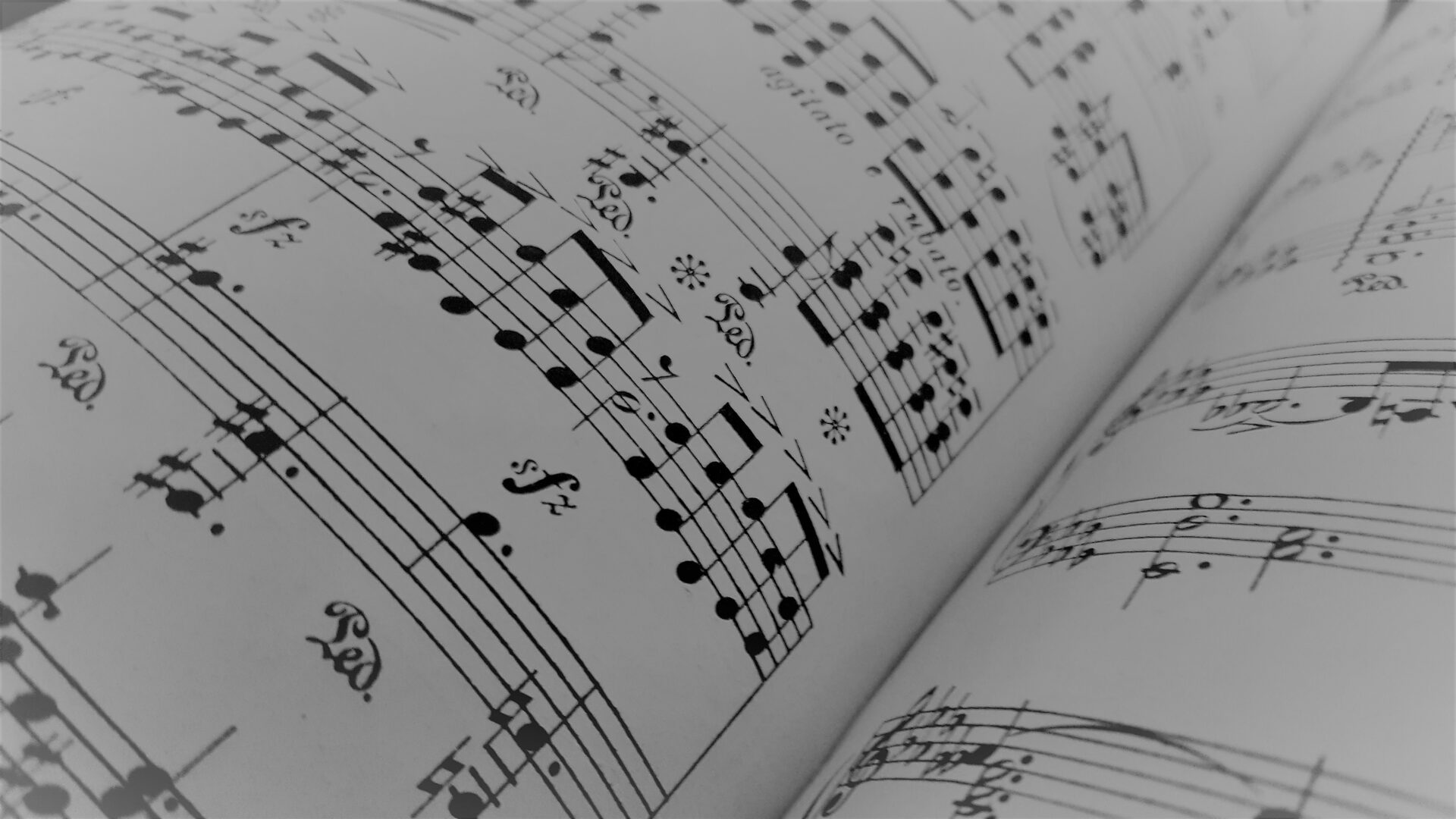Musical Composition: What to know before you start
Many of our piano students are interested after some time studying the instrument to dive into this world of creating music that we technically call Musical Composition. As composition tutors, we should be aware of guiding our students wisely. Also, it is helpful for them to know which are the qualities and characteristics that can see among their students that could make them “Composer material” so to speak.
Among many qualities, we can safely say that Curiosity, creativity, imagination and overall, discipline are the most important ones to consider to be a musical creator. Regardless of the age, we found students that started composing music at the age of 8 years old, others, at 11 or 12 years old.
Now, before we start with the music creation, we must have in mind that building a solid foundation before our composition studies are paramount. If we have to draw a parallel to the ABRSM or Trinity Music Theory Grades, we should consider a level up to a Grade 5 as the minimum level the aspirant should get before he or she feels confident enough with all the theoretical concepts that musical language (because after all, it is a language) have. Consider this as learning the Grammar of the music.
After this foundational process has been completed, the composition process begins, as Maestra Gisela Paterno states “The use of melody, rhythm, harmony, counterpoint, orchestration and texture demonstrates the composer’s awareness of elements of extension, development, variation and contrast in creating a formal structure. This is related to the concept of “Syntax” within music knowledge. Once the foundation is built, the task of the composer is to “put together” all the elements that contribute to the creation of a musical piece. The word “composer” comes from Latin compōnō; literally “one who puts together”.







